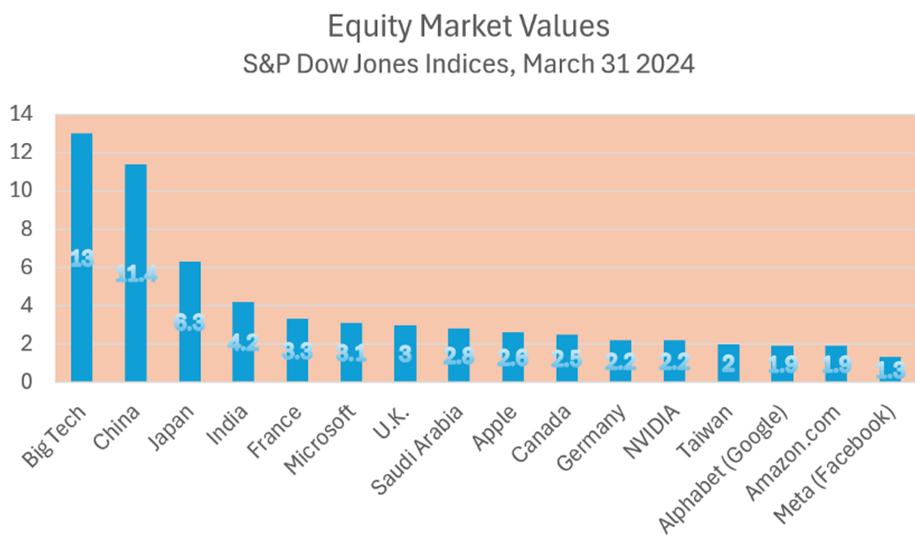THE derailleur
THE DERAILLEUR IS ON HIATUS BUT THERE'S BEEN A BIT OF A RETURN WITH OUR BLOG BELOW OR IF YOU FOLLOW TWITTER. INVESTMENT MANAGEMENT HAS BECOME THE FOCUS OF OUR TIME AND THIS OUR MUCH-LOVED PUBLICATION HAS UNFORTUNATELY SUFFERED FOR IT. DURING ITS RUN, THE DERAILLEUR WAS A VALUES-BASED INVESTMENT NEWSLETTER -- THE ONLY ONE OF ITS KIND IN THE UNITED STATES SUPPORTED BY PAID SUBSCRIBERS!


 RSS Feed
RSS Feed
